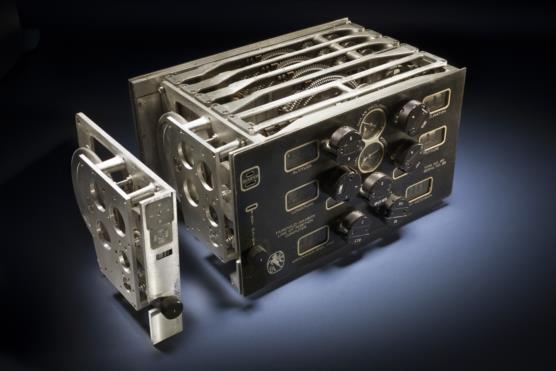
NavList:
A Community Devoted to the Preservation and Practice of Celestial Navigation and Other Methods of Traditional Wayfinding
From: Rafael C. Caruso
Date: 2022 Oct 5, 18:46 -0700
Clint Crawford, you wrote: “I am looking for more info on this thing”. First, I would like you to congratulate you on acquiring this wonderful and extremely rare analog computer. I assume your best bet to acquire more information is to contact the Air and Space Museum of the Smithsonian Institution (https://www.si.edu/museums/air-and-space-museum).
I recall seeing this device in a splendid exhibit in in this museum: “Time and Navigation: the untold story of getting from here to there”. The museum is closed until October 14th for renovations, but, if this exhibit is still on display after their re-opening, most NavList members would find it worth visiting on a trip t to Washington, DC. The online version of the exhibit (https://timeandnavigation.si.edu/navigating-at-sea) allows an appealing virtual tour.
I am attaching a picture of the Fairchild-Mason line of position computer from the Smithsonian website, much better than the one I took at the exhibit. It was described thus: “the Fairchild-Maxson line-of-position computer was an amazingly engineered mechanical computer in which the data sets of different celestial tables were coded onto gears and cams in cassettes that plugged into the main unit. By inputting the elevation of a celestial body and the time, the device would compute a line of position, eliminating a number of mathematical calculations”.
If I’m not mistaken, the "cassette" to the left of the main computer contains the Nautical Almanac data for the years 1938-1941, which the user may select by setting the position of a screw. The knob below this screw seems to be the control device for setting the date on a given year. I wonder if the device you acquired has this attachment. I presume it would be almost impossible to find a precision mechanic to construct an equivalent attachment for, say, 2022-2025. Though our digital computers have superseded analog computers, these marvelous mechanical devices have a charm that our current much more powerful digital manipulators of ones and zeros cannot equal.
Best, Rafael C







